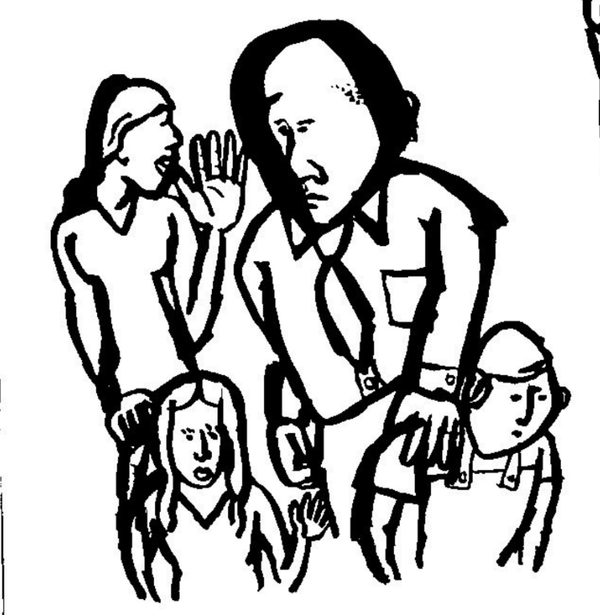Father’s Day is an awkward moment for the apostles of what I call “family-diversity theory”—the academics, journalists, and activists who want us to believe that all family forms are equal. They are bent on convincing the American public that what matters for kids isn’t a home where a father is present alongside the mother, but one where our kids have access to the love of one or more parental figures and the requisite money it takes to support a family.
“All of our research points to the fact that it’s the quality of the relationship that matters, and the handling of communication and conflict, and the number of people in the household is not really the key,” Pamela Braboy Jackson, a professor of sociology at Indiana University, told The Atlantic. “Just because family structure is different doesn’t mean that family operates any differently.” In other words, any kind of love from any collection of adults, not the love of a father, is what matters for our kids.
Asked on Fox about the importance of an intact home with a father present, the University of Maryland sociologist Philip Cohen said, “Well, people with married parents have the benefit of two incomes.” But if “people grow up with single mothers who have adequate income, [they] do fine on average. What we find is they do have a lot of challenges from the lack of resources, but family structure per se is not as big a factor.” Again, the takeaway is that dads aren’t necessary so long as enough money somehow finds its way into the home.
Father’s Day expresses a different conclusion. It exists to honor the distinctive role that dads play in children’s lives—the unique contributions decent dads usually make when it comes to providing for, playing with, disciplining, and challenging their kids to embrace the difficulties and opportunities of life. As Yale psychiatrist Kyle Pruett put it, “fathers don’t mother.” And children with good fathers are more likely to flourish on a host of social and emotional fronts. These are all realities the proponents of family-diversity theory generally deny or play down, because they call into question their belief that all family forms are equally valid and that dads, in particular, are not necessary.
A new study published this week makes the position of the family-diversity theorist even more awkward. The study, which I helped lead at the Institute for Family Studies, finds not just that dads matter, but that married dads seem to matter most when it comes to two very important outcomes for today’s young men.
The most striking finding in the report is “that young men from non-intact families are more likely to land in prison or jail than they are to graduate from college, whereas young men raised by their married fathers are significantly more likely to graduate from college than spend any time in prison/jail.” More specifically, boys being raised apart from intact families where a father is present are about twice as likely to be incarcerated and half as likely to graduate from college, compared to boys who had the benefit of being raised by their own father in an intact family.
As the son of a single mother who has never seen the inside of a jail, I hasten to add that most young men from non-intact homes don’t end up incarcerated, and about 15 percent do graduate from college (as I did). But there is no question that boys from married, father-present homes have much, much better odds of flourishing educationally and avoiding tangling with the law.
“Feel free to ignore the apostles of family diversity.”
That’s in part because married dads have more money to devote to their kids and spend markedly more time with them than cohabiting, single, and especially nonresident fathers. The irony here, of course, is that the proponents of family-diversity theory don’t seem to realize that one of the most important sources of “love” and “money” for kids today is a married father.
So this Sunday, we can feel free to ignore the apostles of family diversity and, instead, celebrate the men who have made so many sacrifices to raise their children and to get and stay married to the mothers of those children.
